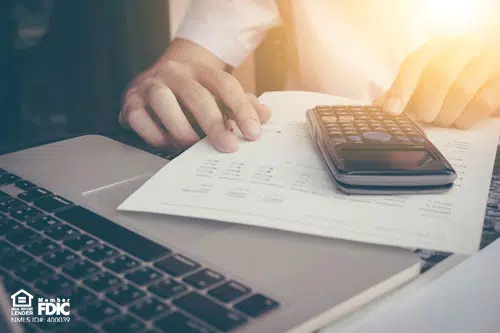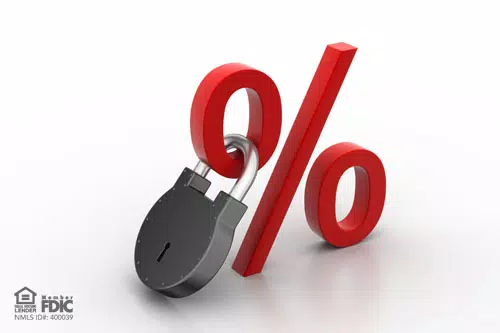When completing the mortgage loan process, it is important to pay close attention to the closing costs. The costs can vary depending on the state, type of loan, and other factors. Typically, they are between 3% and 5% of the home's purchase price.
In most cases, buyers must pay closing costs, but they can negotiate some charges. Both the buyer and the seller will pay closing costs. The buyer usually pays the bulk because they are mostly responsible for financing the mortgage on the home.
However, sellers might agree to pay the buyer's closing costs to facilitate a sale in a buyer's market. During a seller's market, it’s not likely that a seller will agree to this.
Closing Costs that Sellers Pay
Some closing costs are the seller's responsibility. If the seller used a real estate agent to sell their home, they would need to pay the agent a commission.
This amount is a percentage of the home's sale price. Commissions can vary, but 6% is the standard charge. The 6% is divided between the seller's and buyer's agents.
If the seller hired a real estate attorney during the selling process, they would also have to pay those fees. The buyer can credit unpaid property taxes for the home equal to the number of days the seller owned the house.
Buyers can use seller contributions to cover the upfront fees on government-backed loans. This includes upfront insurance premiums on an FHA mortgage (which must cover 100%) and VA funding fees (up to 100%).
Other costs a seller might have to pay include:
- Title insurance premiums
- Transfer taxes and recording fees
- Home warranty premiums
- Prorated taxes and HOA dues
Closing Costs that Buyers Pay
A buyer should budget 3%- 5% of the home's purchase price for closing costs. Lenders commonly charge buyers a loan origination fee to process the loan paperwork. The lender must also check the buyer's credit history and pass along credit report fees.
Before purchasing a home, it must be appraised to determine its value and be inspected to ensure it meets living standards. Usually, the seller passes on these appraisal and inspection fees to the buyer.
Other closing costs might include:
- Attorney fees
- Discount points
- Survey fees
- Lender's title insurance
- Title search fees
- Escrow deposits
- Recording fees
The buyer's fees will also vary based on the home's location. For instance, in states with high property taxes, the amount you must pay in prepaid escrow deposits can be much higher.
Negotiating Closing Costs as a Buyer
It's tough for buyers to convince sellers to pay their closing costs. A buyer can offer more money for a house in exchange for the seller covering some of the closing costs. The type of loan can affect the amount that a seller can pay.
Other negotiating tips include offering a quick close. If the seller is in a hurry to leave the home, a 30-day close can be more enticing than a 60-day one. Making fewer demands with your offer might also make a seller more willing to pay your closing fees. A buyer who wants just closing fees paid can be more attractive than a buyer who requests new carpeting, roof, and other repairs in their offer.
Here's a calculator that can help you determine your mortgage closing costs for a given set of loan terms. If you have more questions about what costs the buyer and seller pay on closing, NASB can help. Call our experts at 888-661-1982.




